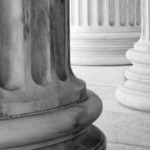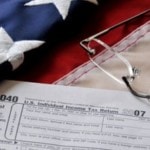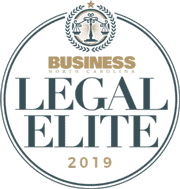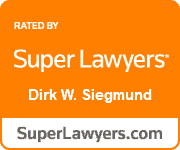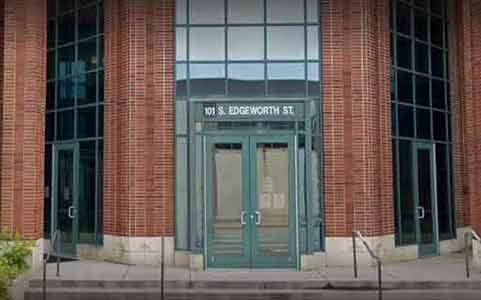Understanding Bankruptcy in the State of North Carolina

Considering filing for bankruptcy as an individual or business entity can be overwhelming, complex, and intimidating. You are in a situation where multiple debtors have begun aggressively contacting you to collect on their debts. One of the first things to understand about bankruptcy law is it stops all debtors from collecting the outstanding balances you owe. If you declare Chapter 7 or Chapter 13 bankruptcy, your debts have been prioritized and your legal obligation to pay them may be reorganized or wiped out entirely. Navigating through the types of bankruptcy and which option you should file for can be tricky and your decision should be reviewed with an experienced attorney.
Contact an Experienced Bankruptcy Attorney
What Is A Bankruptcy Exemption?
A bankruptcy exemption is exactly what it sounds like. It’s an asset you own that cannot be seized by a creditor. A common myth and subsequent fear surrounding bankruptcy proceedings are that you will lose valuable personal assets such as your home. In most cases, these assets can be listed as exemptions. The key is to consult with a seasoned bankruptcy attorney who understands exemption laws in the state of North Carolina. The state of North Carolina requires adherence to the state’s bankruptcy laws in lieu of Federal bankruptcy codes.
Types of North Carolina Bankruptcy Exemptions
As a leader in bankruptcy proceedings in the great state of North Carolina, we take pride in understanding the various bankruptcy exemptions that are available to our clients. Below is a list of common exemptions and exactly what they mean. If you have any questions about the information below, please feel free to book a free consultation with a member of our team and receive a free consultation.
Homestead Resident Exemption
The Homestead exemption will protect up to $35,000 in assets for an individual or $70,000 for a married couple. If the individual filing for bankruptcy is older than 65 and has a deceased spouse, the exemption rises to $60,000. This amount can be applied to any real estate or properties including a single-family home, condo, co-op, and even a family burial plot. However, to be eligible, the property up for exemption must have been owned by a North Carolina resident for at least 40 consecutive months.
To calculate the equity of your home, subtract the loan balance from the current market value of your home. If the property is secured by a mortgage and you are current with your payments, and the equity of the home is covered by your exemptions, you can usually keep this property and avoid foreclosure. You can rest assured that no collection agency will be able to repossess the home your family resides in.
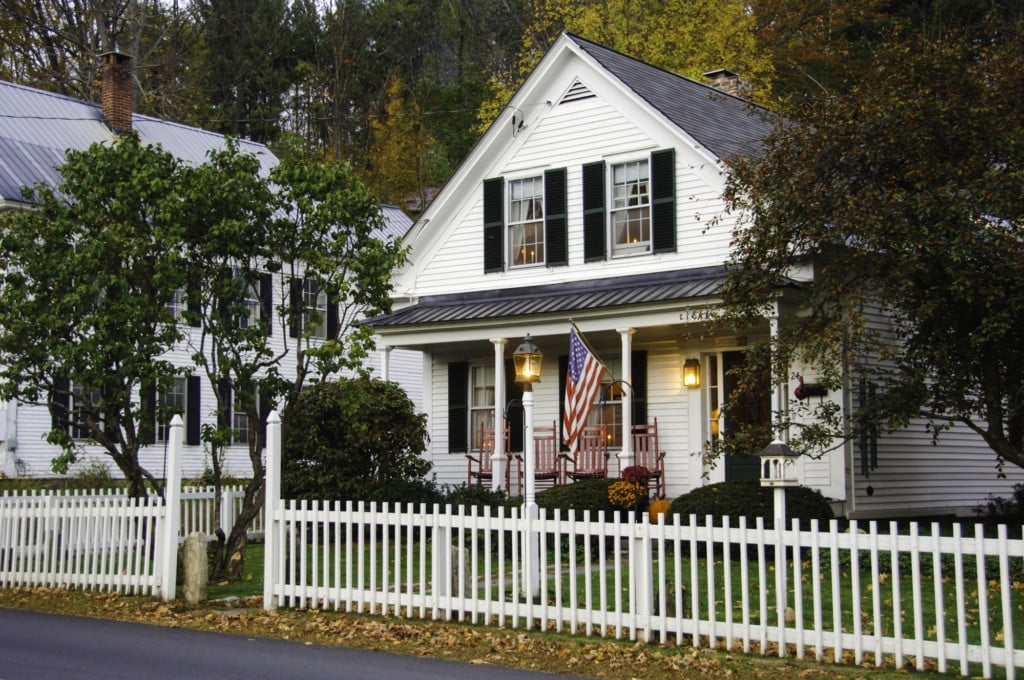
Wildcard Exemption
In some cases, you will have residual money left over after applying for the Homestead NC bankruptcy exemption. In this case, you may use up to $5,000 of the exemption towards other personal properties. North Carolina bankruptcy exemption laws also provide an additional $500 to put towards this property. However, none of these exemptions can be applied if you have purchased the property in question within 90 days of filing for bankruptcy. Bankruptcy rules and exemptions can be confusing, which is why we have been hired by countless individuals to help them protect their homes while properly filing for bankruptcy.
Motor Vehicle Exemption
While your home is your most valuable asset, most people filing for bankruptcy are most fearful of losing their method of transportation. Under the North Carolina motor vehicle exemption, you can exempt up to $35,000 in equity for your vehicle. Similar to the Wildcard Exemption, this does not apply to any vehicle you purchased within 90 days of filing for bankruptcy.

Get Experienced Legal Counsel Today
To learn more about these types of exemptions and how to calculate the equity of your vehicle or property, please book a consultation with a member of our team.
Additional North Carolina Bankruptcy Exemptions
Once you know your home and vehicle are secure, you will want to figure out what other assets and incomes you can protect before you enter into bankruptcy proceedings. It is important that you take the necessary steps throughout the bankruptcy process to avoid penalties such as wage garnishments.
Below is a list of additional exemptions allowed in the state of North Carolina:
- Earned but unpaid wages for all work completed 60 days before the filing date
- Tax-exempt retirement accounts including
- 401(k)
- 403(b)s
- SEPs
- Simple IRAs
- Defined benefit plans
- Inherited IRAs
- Roth IRAs
- Pension benefits for Legislators, firemen, rescue workers, law enforcement, teachers, state, municipal, county, and city employees
- Life Insurance
- Alimony and child support
- Unemployment compensation, worker’s compensation benefits, crime victim’s compensation, aid to families with blind or dependent children, Future Social Security benefits, and Veteran’s benefits are all exempt
Understanding Your Exemption Status
While the information provided above should be a solid first step in understanding your rights when declaring bankruptcy, that does not mean you should move forward in this process alone.
Your best next step is to consult with our team of expert bankruptcy attorneys who have spent years studying and applying North Carolina bankruptcy and exemption laws. We will work tirelessly to ensure that your most valuable assets remain under your control while you navigate your way through bankruptcy proceedings.
We know North Carolina bankruptcy codes and laws better than anyone else. Our team has spent countless hours defending our clients in bankruptcy court, helping them with their bankruptcy filings, protecting their assets, and helping them avoid bankruptcy pitfalls. We have worked through hundreds of bankruptcy cases and know what it takes to protect our clients and help them rebuild their credit, finances, and lives
We invite you to book a free consultation so we can personally review your case and answer any questions or concerns you may have.
Office Locations
Greensboro
305 Blandwood Ave
Greensboro, NC 27401
Phone: (336) 274-4658
Fax: 336-274-4540
Eden
551 Monroe Street
Eden, NC 27288
Phone: (336) 623-4600


